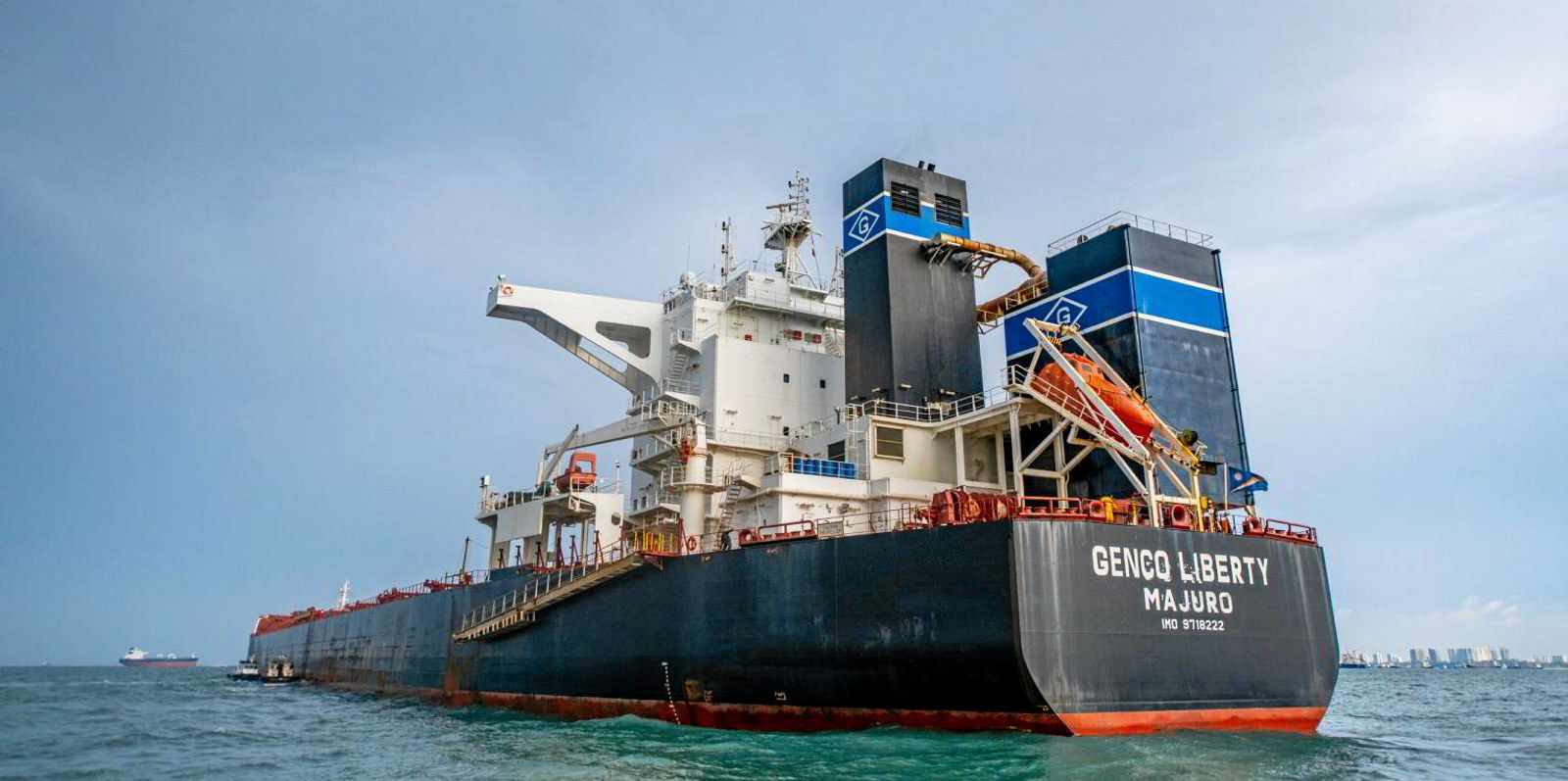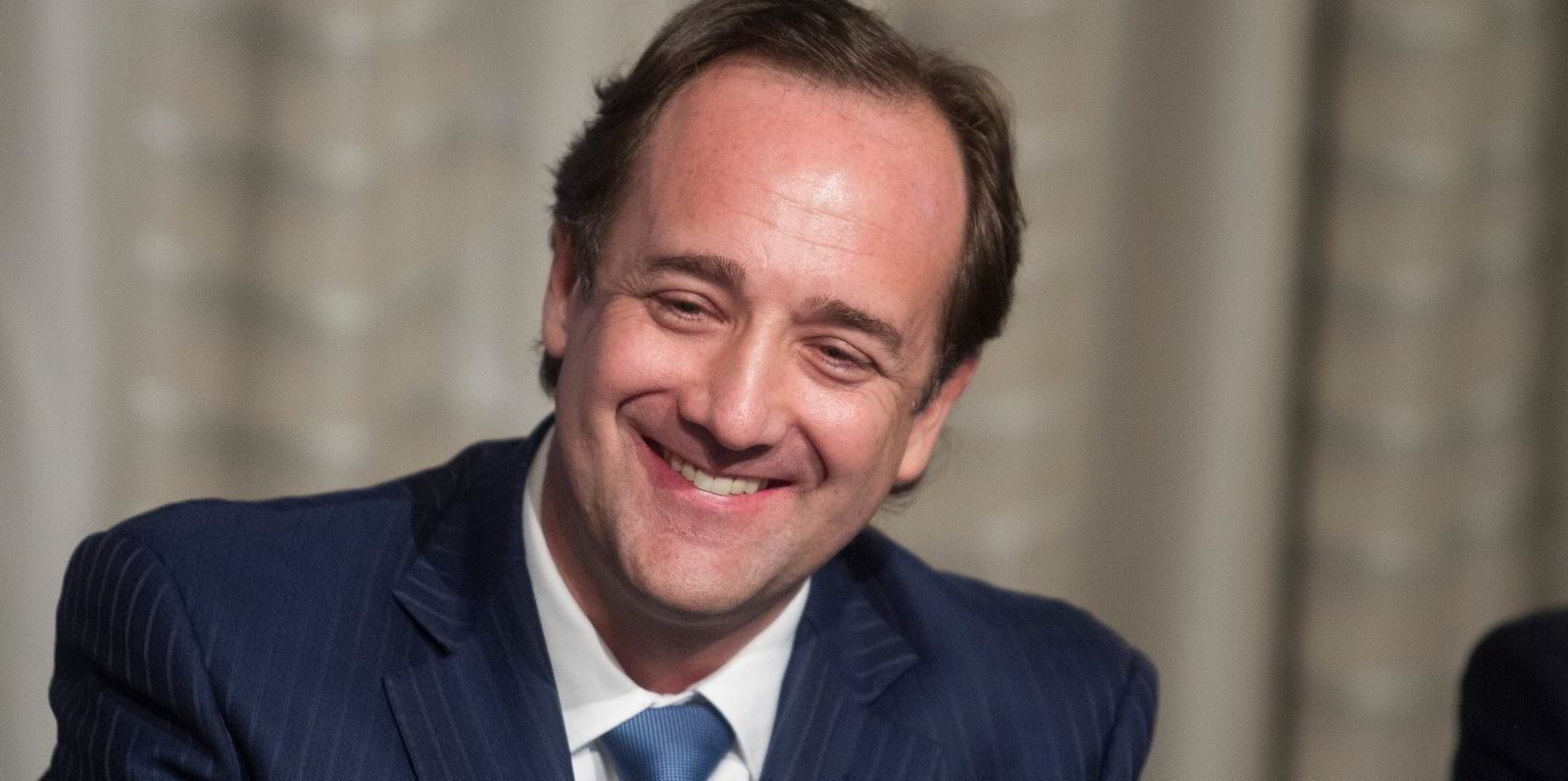Genco Shipping & Trading could have chartered ships for longer, but the company did not think it would fit with its expectation that the market will only get stronger.
On Wednesday, the New York-listed bulker owner disclosed a trio of time charters, with the longest running to a maximum of 13 months at $31,000 per day for the 180,400-dwt capesize Genco Liberty (built 2016).
On a Thursday earnings call, chief executive John Wobensmith said anything longer was not worth it.
"At that point in time, the two-year market was in the low 20’s," he said. "We have higher expectations for 2022 than even this year."
Bulker rates have been rallying as of late, with the Baltic Dry Index hitting its highest rate in more than a decade on Tuesday, propelled by capesize rates peeking over $40,000 per day.
For the quarter, New York-headquartered Genco reported a profit of $2.7m, or $0.06 on a per share basis — a penny better than analysts had expected.
In addition to the Genco Liberty charter, the shipowner fixed the 63,400-dwt ultramax Genco Magic (built 2014) for $25,000 per day and the 58,000-dwt supramax Genoc Pyrenees (built 2010) for $23,000 per day — both for five to seven months.
On Thursday, Wobensmith said the company also fixed ships on spot charters for $44,000 per day and $49,000 per day.
The moves came as the outfit seeks more predictable revenue streams to back up its high-dividend, low-debt strategy that was rolled out in the fourth quarter of 2020.
On the call, Wobensmith said with fleet growth expected to be less than 1% in the coming year, strength in the dry bulk market would continue thanks to both supply and demand factors.
“We’re talking very low fleet growth over the next two years at a minimal," he said.
"You take that against the backdrop of demand growth" — and the market will be strong.
Wobensmith added that the company would look to lock in more time charters for capesizes if the opportunities arise and would be "very opportunistic" with the smaller asset classes.
“In general, we think we can do better than the overall indices and the overall market," he said.






